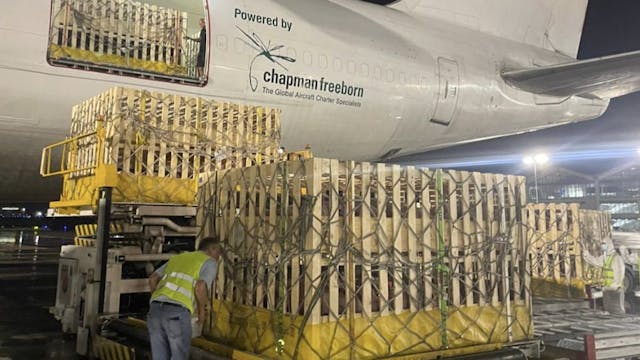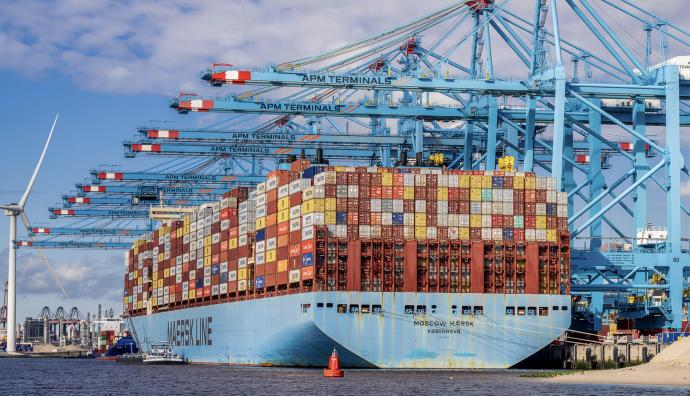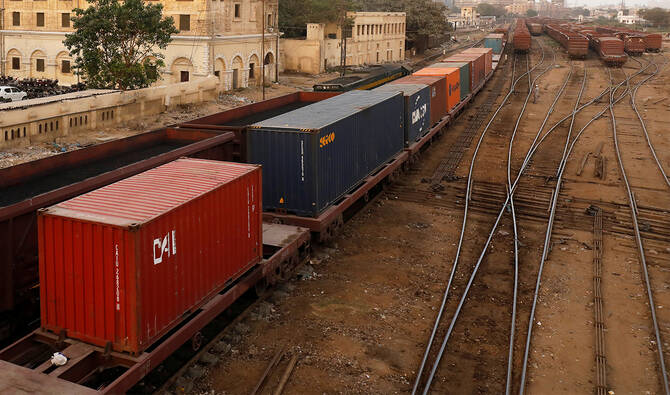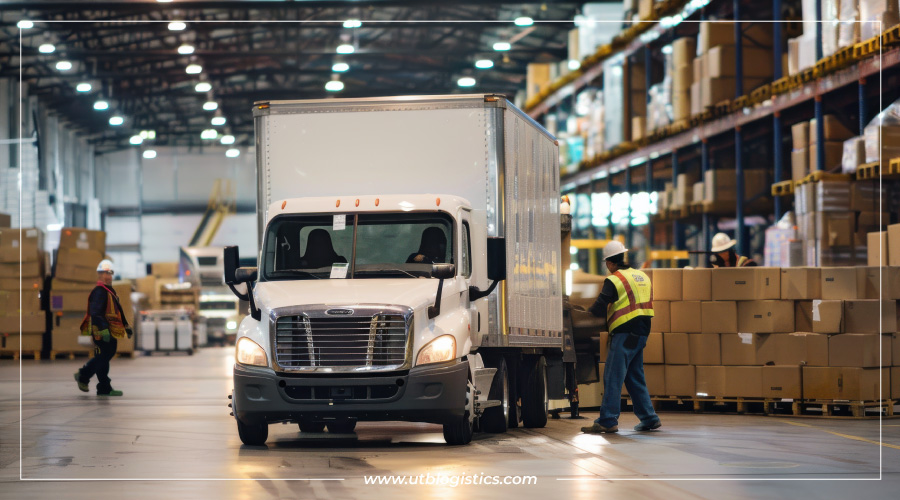- By Della tj
- November 19, 2025
- Customs Brokerage, Shipping
International shipping can be challenging without expert assistance. Professional customs clearance from Shenzhen to Canada helps importers manage complex regulations, documentation, and taxes efficiently. With experienced brokers and reliable logistics, your goods can reach Canada faster and with full compliance.
Why Is Professional Customs Clearance Essential for Canada Imports?
Canada’s import laws are strict, especially regarding valuation, labeling, and tariff classification. Therefore, proper customs handling is vital to avoid fines or delays. Professional clearance services ensure all procedures—documentation, duties, and tax payments—are done accurately.
Key Benefits of Professional Customs Clearance:
- Prevent shipment holds and penalties
- Guarantee compliance with CBSA regulations
- Ensure faster release at Canadian ports
- Provide transparent tax and duty calculation
Moreover, using experienced agents in Shenzhen helps synchronize export and import processes, saving valuable time during customs inspection.
What Documents Are Required for Canadian Customs Clearance?
Customs clearance depends heavily on complete and accurate paperwork. Below is a list of essential documents:
| Document | Purpose | Required By |
|---|---|---|
| Commercial Invoice | Declares transaction value and HS codes | CBSA (Canada Border Services Agency) |
| Packing List | Lists shipment details and measurements | Canadian Customs |
| Bill of Lading / Air Waybill | Proof of shipment | Carrier |
| Certificate of Origin | Validates product origin for tariffs | Shipper |
| Canada Customs Invoice (CCI) | Mandatory for goods over CAD 2,500 | Importer/Agent |
| EORI or BN Number | Identifies importer | Required for customs filing |
Additionally, digital customs systems in Canada allow electronic submission, ensuring clearance within hours when documents are accurate.
What Are the Main Transport Options from Shenzhen to Canada?
Your shipping method affects cost, delivery time, and customs procedure speed.
| Mode | Transit Time | Cost Level | Customs Complexity | Ideal For |
|---|---|---|---|---|
| Air Freight | 4–8 days | $$$ | Low | Urgent, high-value cargo |
| Sea Freight | 28–35 days | $ | Medium | Bulk goods |
| Rail + Truck Freight | 20–25 days | $$ | Moderate | Machinery, electronics |
| Express Courier (DDP) | 5–7 days | $$ | Very Low | Small parcels |
Air freight offers the fastest customs processing, while sea freight remains the most cost-effective for large shipments.
How Are Duties and Taxes Calculated in Canada?
Duties depend on product classification and value under the Customs Tariff Schedule. Importers must also pay Goods and Services Tax (GST).
| Product | HS Code | Duty Rate | GST | Import Requirement |
|---|---|---|---|---|
| Electronics | 8517.12 | 0% | 5% | FCC labeling |
| Furniture | 9403.60 | 6% | 5% | Wood certificate |
| Apparel | 6204.62 | 18% | 5% | Textile declaration |
| Tools | 8467.29 | 2.5% | 5% | CSA compliance |
Professional brokers help determine the correct HS code and calculate exact duty, avoiding overpayment or audit risks.
What Are Real Case Examples of Customs Clearance Success?
🔹 Case 1: Electronics via Air Freight
From: Shenzhen Bao’an Airport
To: Toronto Pearson Airport
Mode: Air Freight + DDP
Cargo: Bluetooth speakers, 650 kg
Cost: USD 3,950 (all-inclusive)
Transit Time: 6 days
🔹 Case 2: Furniture via Sea Freight
From: Yantian Port, Shenzhen
To: Vancouver Port
Mode: FCL Sea Freight (DDP)
Cargo: 1×40HQ wooden tables
Cost: USD 2,250
Transit Time: 34 days
How Does the Customs Clearance Process Work?
Efficient customs clearance follows a step-by-step procedure:
- Document Preparation: Collect invoice, packing list, and certificate of origin.
- Pre-Arrival Filing: Submit declaration to CBSA through the Single Window Initiative (SWI).
- Duty Calculation: CBSA assesses applicable duties and taxes.
- Inspection (if required): Some shipments undergo random or targeted inspections.
- Duty Payment & Release: Upon payment, goods are cleared for delivery.
Professional clearance providers manage each phase and provide real-time status updates through digital tracking platforms.
What Are Common Customs Delays and How to Prevent Them?
Mistakes in paperwork or classification often cause clearance delays.
| Problem | Cause | Prevention |
|---|---|---|
| Missing BN Number | Importer not registered | Register with CBSA in advance |
| Incorrect HS Code | Misclassified product | Use professional broker |
| Underdeclared Value | Leads to inspection | Declare full CIF value |
| Late Submission | Missed pre-clearance window | Submit 48 hours before arrival |
| Random Inspection | Border checks | Use reliable forwarder |
Additionally, using DDP (Delivered Duty Paid) service ensures all customs tasks and taxes are handled upfront, minimizing risk.
How to Choose a Professional Customs Clearance Partner?
Selecting the right logistics provider can make or break your supply chain. The ideal partner should offer:
- Licensed customs brokerage in Canada and China
- Digital declaration systems for faster processing
- Transparent all-in-one pricing
- Strong experience in Shenzhen–Canada routes
- Integrated DDP shipping and delivery
For example, Top China Freight provides end-to-end customs clearance from Shenzhen to Canada, ensuring legal compliance, cost efficiency, and reliable tracking.
Conclusion
Professional customs clearance from Shenzhen to Canada is the foundation of smooth, compliant, and efficient logistics. With expert brokers managing documents, duties, and regulations, businesses can avoid costly mistakes and maintain stable supply chains.
Whether shipping via air for speed, sea for economy, or rail for balance, a trusted partner like Top China Freight ensures on-time delivery and full compliance—helping you expand confidently into the Canadian market.
- Consult TJ China Freight Forwarding for the lowest quote. They will provide you with reliable, cost-effective service.
FAQ:
Q1.What is professional customs clearance from Shenzhen to Canada?
It’s a complete service managing paperwork, taxes, and inspection for seamless import from Shenzhen to Canadian destinations.
Q2.How long does customs clearance take in Canada?
Typically, clearance takes one to three days if all documents and duties are filed correctly.
Q3.Is DDP service available for Canada imports?
Yes, professional forwarders offer DDP covering duties, taxes, and customs clearance for worry-free imports.
Q4.Do I need a Canada Business Number to import goods?
Yes, importers must register for a BN to file customs declarations with CBSA.
Q5.What happens if goods are undervalued during declaration?
CBSA can impose fines, adjust values, or delay release until reassessment.





